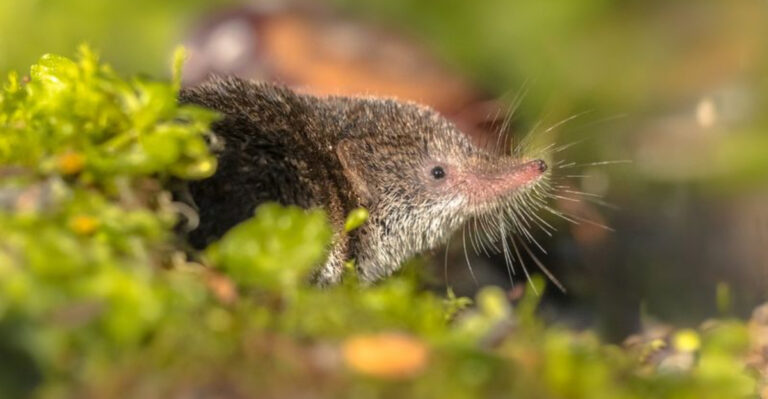13 Scents That Help Keep Snakes At Bay, According To Experts
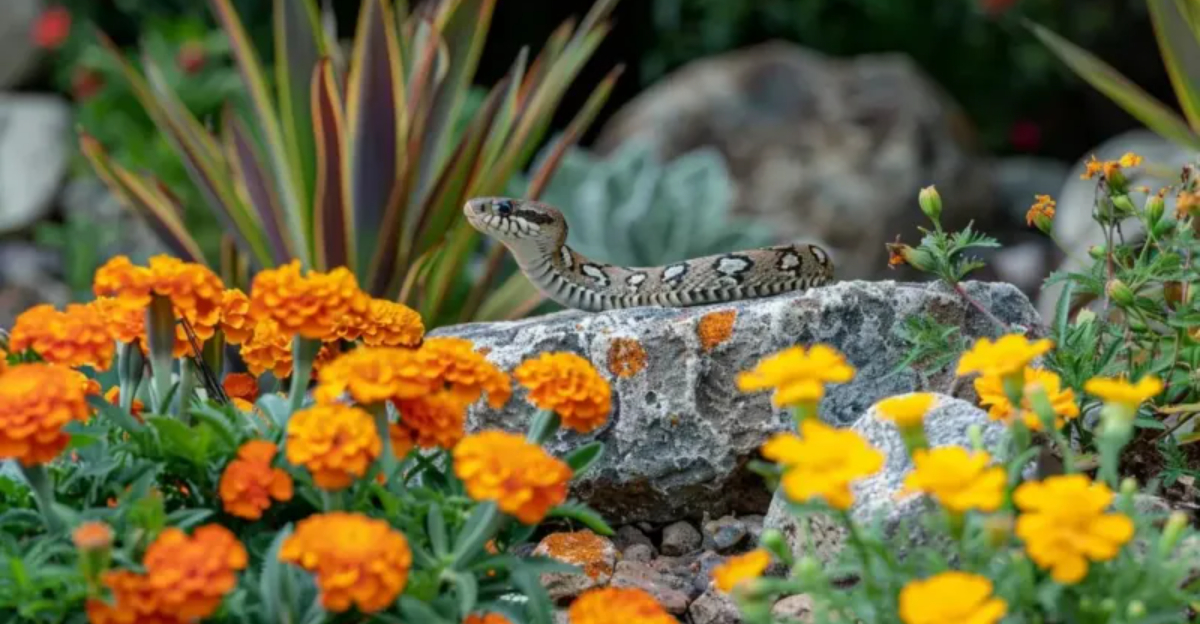
Snakes slithering into your yard can be scary, especially if you have kids or pets running around. While these reptiles play an important role in our ecosystem, most of us prefer they stay far away from our homes.
The good news is that snakes have an incredible sense of smell, and certain scents can make them turn tail and head in the opposite direction.
Here’s what experts recommend using to create a snake-free zone around your property.
1. Cinnamon Oil
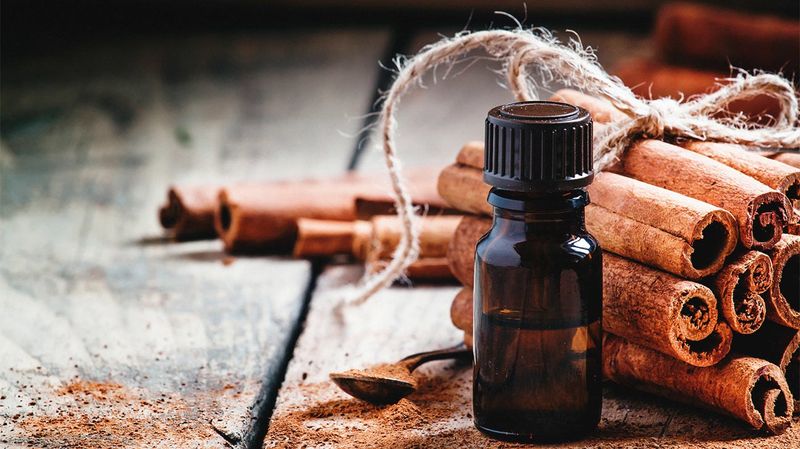
Snakes can’t stand the strong aroma of cinnamon oil. When applied around your yard’s perimeter, this sweet-smelling spice becomes your secret weapon against unwanted reptile visitors.
Mix a few drops with water in a spray bottle and apply it to potential entry points. The smell that’s pleasant to us is overwhelming to a snake’s sensitive receptors. For best results, reapply after rain or every few days when snake activity is high.
Unlike some chemical repellents, cinnamon oil is safe for pets and children while still being effective at keeping the slithery creatures away.
2. Clove Oil
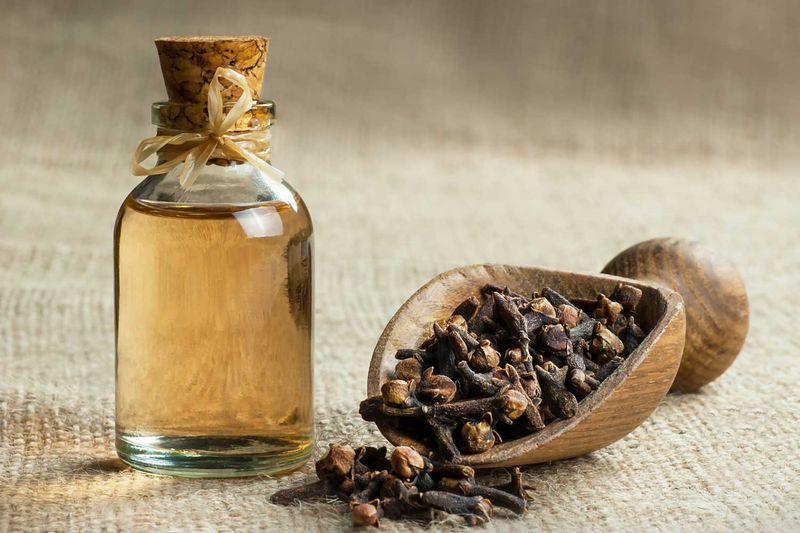
The potent aroma of clove oil triggers a snake’s survival instinct to flee. Its strong eugenol content irritates their sensitive Jacobson’s organ – the special smell detector that helps snakes navigate their world.
You don’t need much to create an effective barrier. Just 10–15 drops mixed with water in a spray bottle will do the trick for about 100 square feet of coverage.
Many gardeners apply it along fences, near wood piles, and around foundations where snakes might enter.
Regular application creates an invisible boundary that most snakes won’t cross, giving you peace of mind while enjoying your outdoor space.
3. Cedar Oil
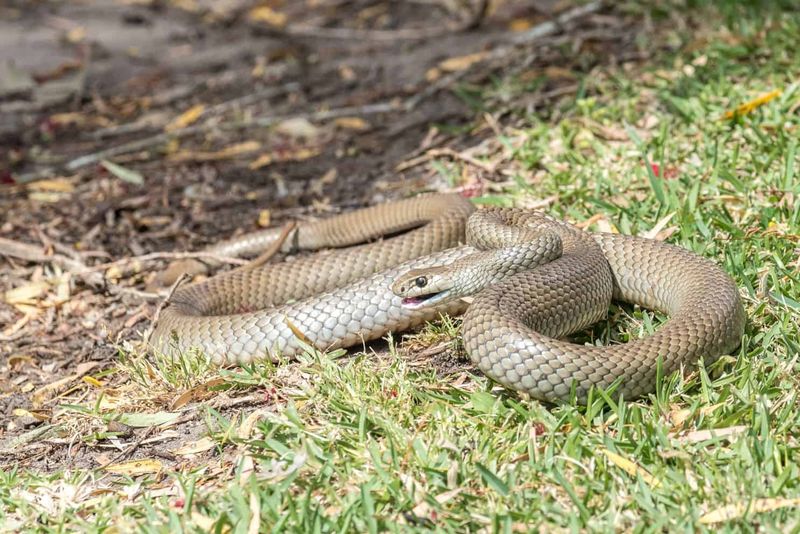
Cedar oil contains powerful compounds that disrupt a snake’s sensory reception. The aromatic phenols that give cedar its distinctive smell overwhelm their chemoreceptors, creating an immediate avoidance response.
Apply cedar oil around the perimeter of your yard using a pump sprayer for even coverage. Many commercial snake repellents use cedar oil as their active ingredient because of its proven effectiveness.
For a budget-friendly approach, collect cedar mulch and spread it in a thick band around areas you want to protect.
The natural oils will slowly release over time, creating a persistent barrier. Cedar’s pleasant woody scent makes this one of the more aesthetically pleasing options for keeping snakes at bay.
4. Garlic
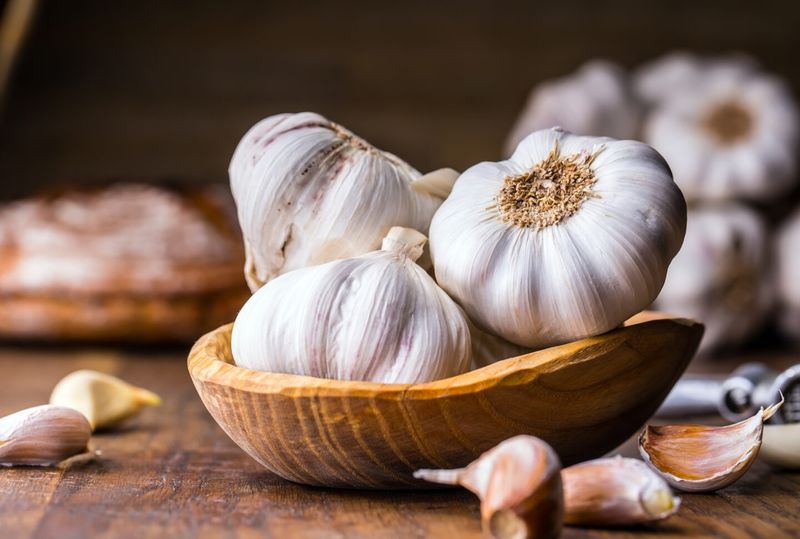
Vampires aren’t the only creatures that hate garlic – snakes absolutely despise it too! The sulfonic acid in garlic creates an overwhelming sensory experience that sends them slithering away fast.
Crush several cloves and boil them in water to make a powerful spray. Some homeowners in snake-prone areas plant garlic around their property borders as a living fence against these reptiles. The smell lingers even after humans can no longer detect it, making it an excellent long-lasting deterrent.
For extra protection, sprinkle garlic powder around potential hiding spots like rock piles, tall grass, and garden beds where snakes might seek shelter.
5. Onion
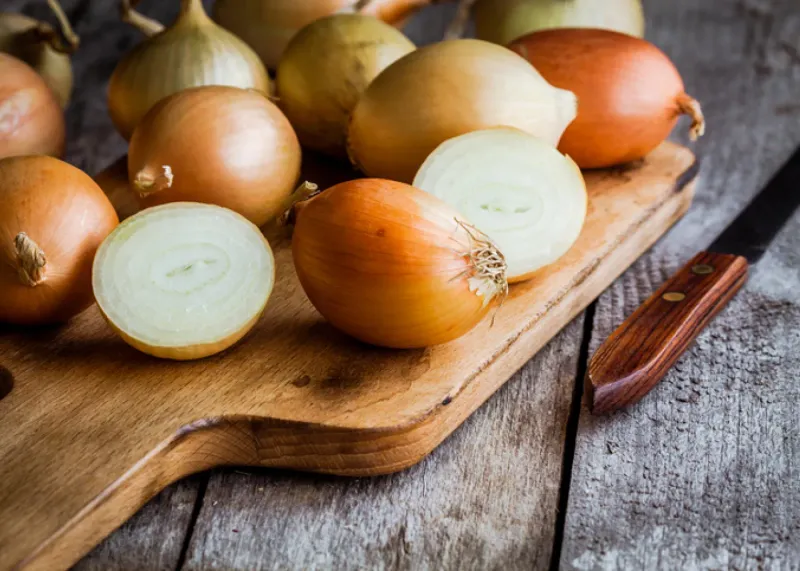
Raw onions pack a powerful punch that makes snakes retreat quickly. Their sulfur compounds irritate a snake’s sensitive smell receptors, creating an invisible barrier they won’t cross.
Cut onions into quarters and place them strategically around your garden beds, near basement windows, or anywhere snakes might enter. Replace them every few days as the potency fades.
Some gardeners take it a step further by creating an onion tea – boiling chopped onions in water, then spraying the cooled liquid around their property.
While humans might find the smell unpleasant at first, it dissipates quickly for us, but remains detectable to snakes for much longer.
6. Lemongrass Oil

Lemongrass oil contains citral and geraniol, compounds that overwhelm a snake’s sensory system. The fresh, citrusy scent that humans find pleasant creates confusion and discomfort for these reptiles.
Mix 20 drops with a cup of water and spray it around your yard’s perimeter. Many snake experts recommend focusing on application during early morning or evening hours when snakes are most active.
As an added bonus, lemongrass oil also repels mosquitoes and ticks, giving you multiple benefits from a single solution.
Some homeowners even plant lemongrass as a living barrier – it looks attractive in landscaping while serving as a natural snake deterrent.
7. Sulfur
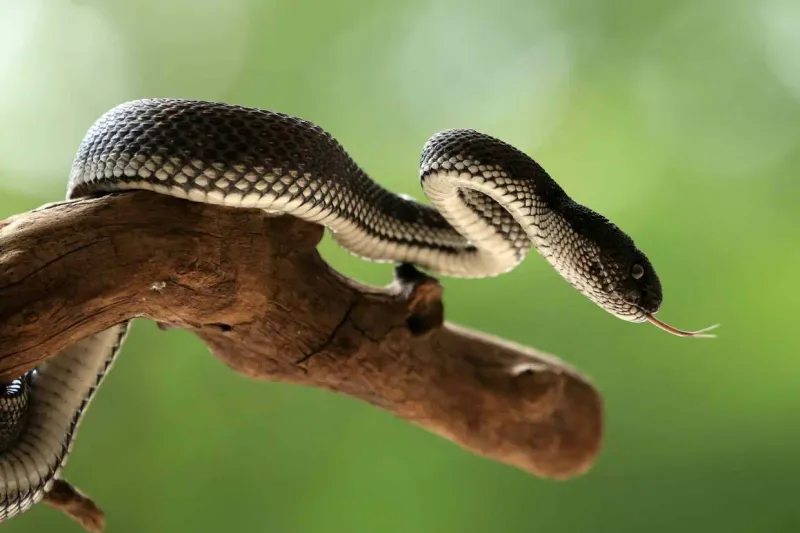
Powdered sulfur creates a boundary line that snakes refuse to cross. The smell triggers an immediate flee response in most snake species, making it one of the most reliable repellents according to herpetologists.
Sprinkle a thin line around your property, focusing on areas where you’ve spotted snakes before. Rain will wash it away, so reapplication is necessary after wet weather.
Garden centers sell sulfur as a soil amendment, making it easily accessible. Just be careful during application – while not highly toxic, sulfur can irritate human skin and eyes.
Wearing gloves and avoiding windy days for application will help you create an effective snake barrier without any discomfort.
8. Agricultural Lime
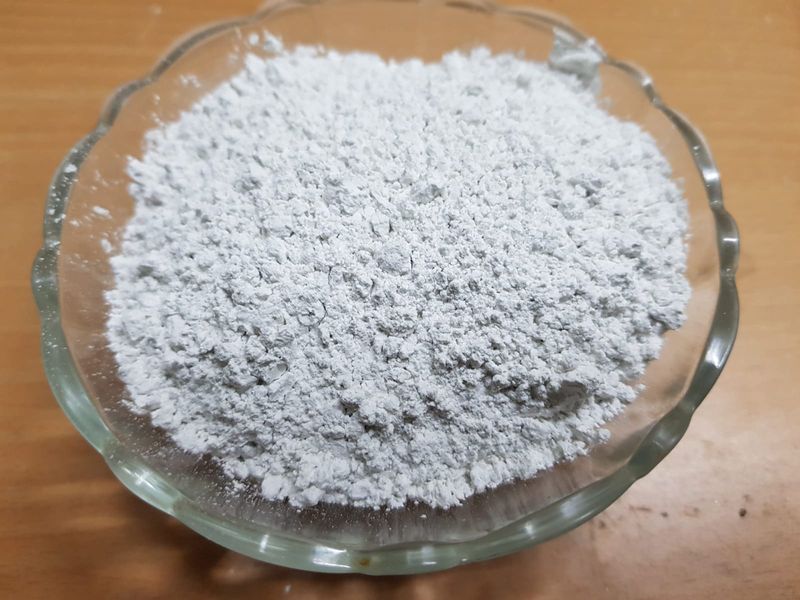
Agricultural lime creates an uncomfortable surface that snakes avoid slithering across. The powdery texture feels abrasive against their sensitive undersides, while the smell adds another layer of deterrence.
Create a 6-12 inch wide barrier around areas you want to protect. Many farmers use this method to keep snakes away from barns and chicken coops where rodents might otherwise attract them.
The white powder is visible, letting you know where your protection zones are.
As an added benefit, lime also helps neutralize acidic soil, potentially improving your garden’s growing conditions while keeping it snake-free. Just wear gloves during application, as lime can be drying to human skin.
9. Vinegar
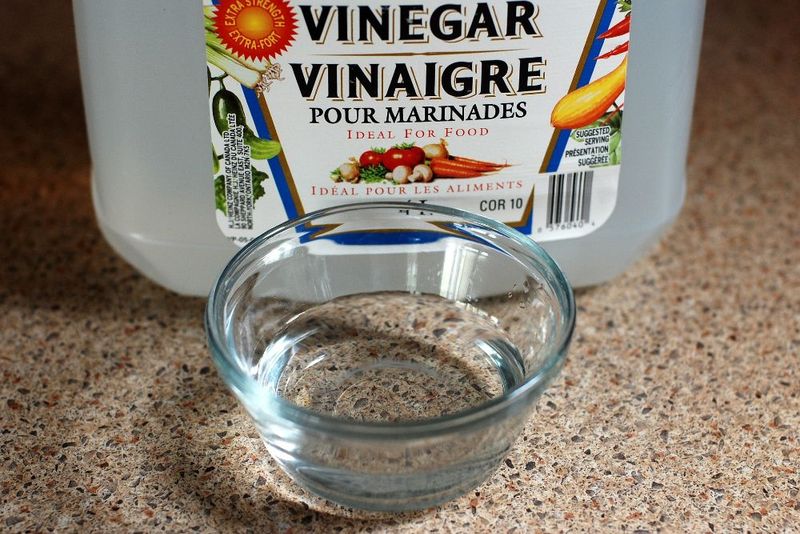
White vinegar’s sharp acidity creates an environment that snakes actively avoid. The strong scent interferes with their ability to detect prey and navigate, making your property much less appealing.
Fill spray bottles with undiluted white vinegar and apply it liberally around foundation cracks, garden edges, and other potential entry points.
Some snake control experts recommend soaking rags in vinegar and placing them in problem areas. The smell dissipates for humans after a few hours but remains effective against snakes for days.
Regular application creates a consistent barrier that keeps these unwanted visitors away from your home and family, especially during warmer months when snake activity increases.
10. Ammonia

Ammonia mimics the smell of predator urine, triggering a snake’s survival instinct to flee. This powerful scent signals danger to their primitive brains, creating an area they instinctively avoid.
Soak rags in ammonia and place them in unsealed plastic bags with small holes punched in them. Position these deterrent packets near snake entry points like gaps in fencing or rock piles.
Never pour ammonia directly onto soil as it can harm beneficial insects and plants. Always use the rag method to control the application.
Replace the packets every few days as the smell weakens, especially after rainy weather when snakes are more likely to seek shelter near human dwellings.
11. Naphthalene
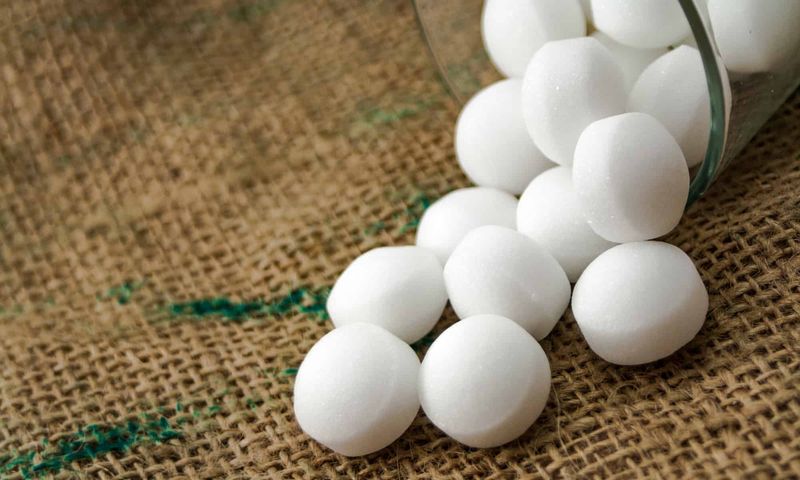
Found in mothballs, naphthalene creates a smell that repels snakes effectively. The strong chemical odor overwhelms their sensitive vomeronasal system, making your property a no-go zone for these reptiles.
Place mothballs in mesh bags and position them around the perimeter of your yard or in known snake hotspots. The scent gradually releases, creating a protective barrier.
Use caution with this method if you have pets or children, as mothballs are toxic if ingested. Many professional pest controllers recommend containing them in ventilated containers that allow the smell to escape while preventing direct contact.
For safety reasons, this option works best in rarely accessed areas like crawl spaces or storage sheds.
12. Marigold
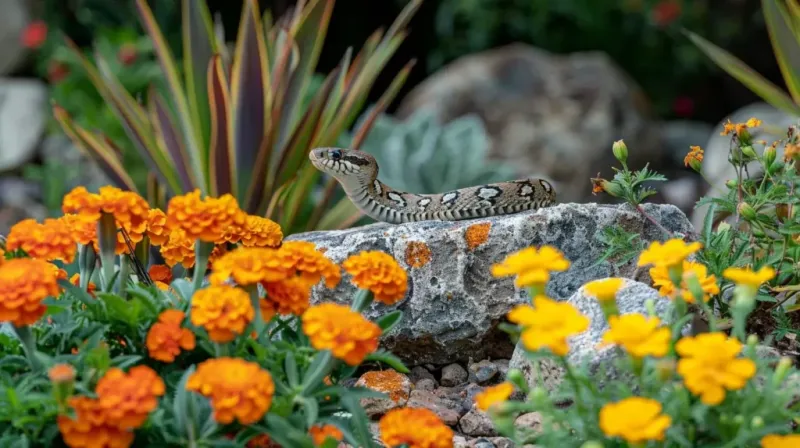
Marigolds release a distinct fragrance from their roots and flowers that snakes find overwhelming. Their bright orange and yellow blooms aren’t just pretty – they’re powerful snake deterrents.
Plant them densely around the borders of your property, especially in areas where you’ve spotted snakes before. The smell is pleasant to humans but confuses and repels snakes seeking prey or shelter.
As an added benefit, marigolds also deter many garden pests like nematodes and aphids. This makes them a multipurpose solution for keeping your garden healthy and snake-free.
Their easy-to-grow nature and low maintenance requirements make marigolds one of the most practical and attractive ways to create a snake barrier.
13. Peppermint Oil
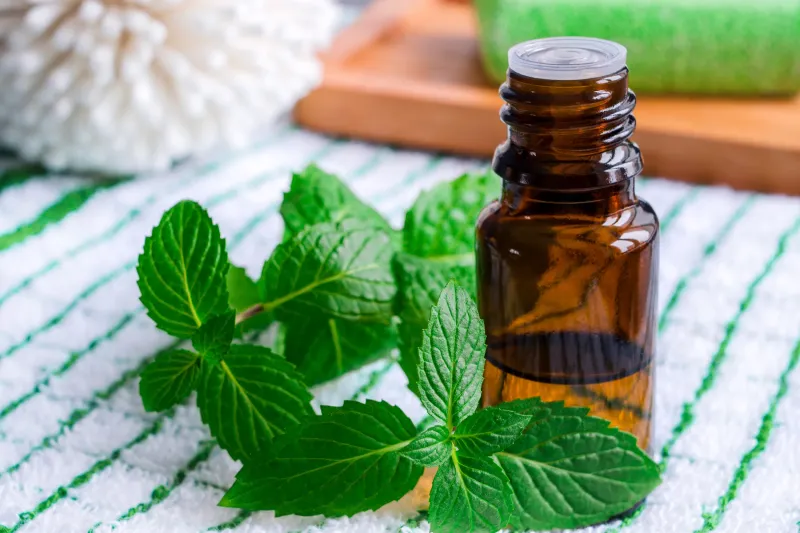
Peppermint oil contains menthol, which creates a sensation snakes find extremely unpleasant. Their sensitive mucous membranes can’t handle the strong minty compounds that we find refreshing.
Mix 15–20 drops with water in a spray bottle and apply it around your home’s foundation, doorways, and windows. The cooling sensation we enjoy actually burns and irritates a snake’s skin, immediately driving them away.
For continuous protection, soak cotton balls in pure peppermint oil and place them in areas where snakes might enter. Replace them weekly for maximum effectiveness.
Many homeowners also plant mint around their property for a living barrier that repels snakes while providing fresh herbs for cooking.






